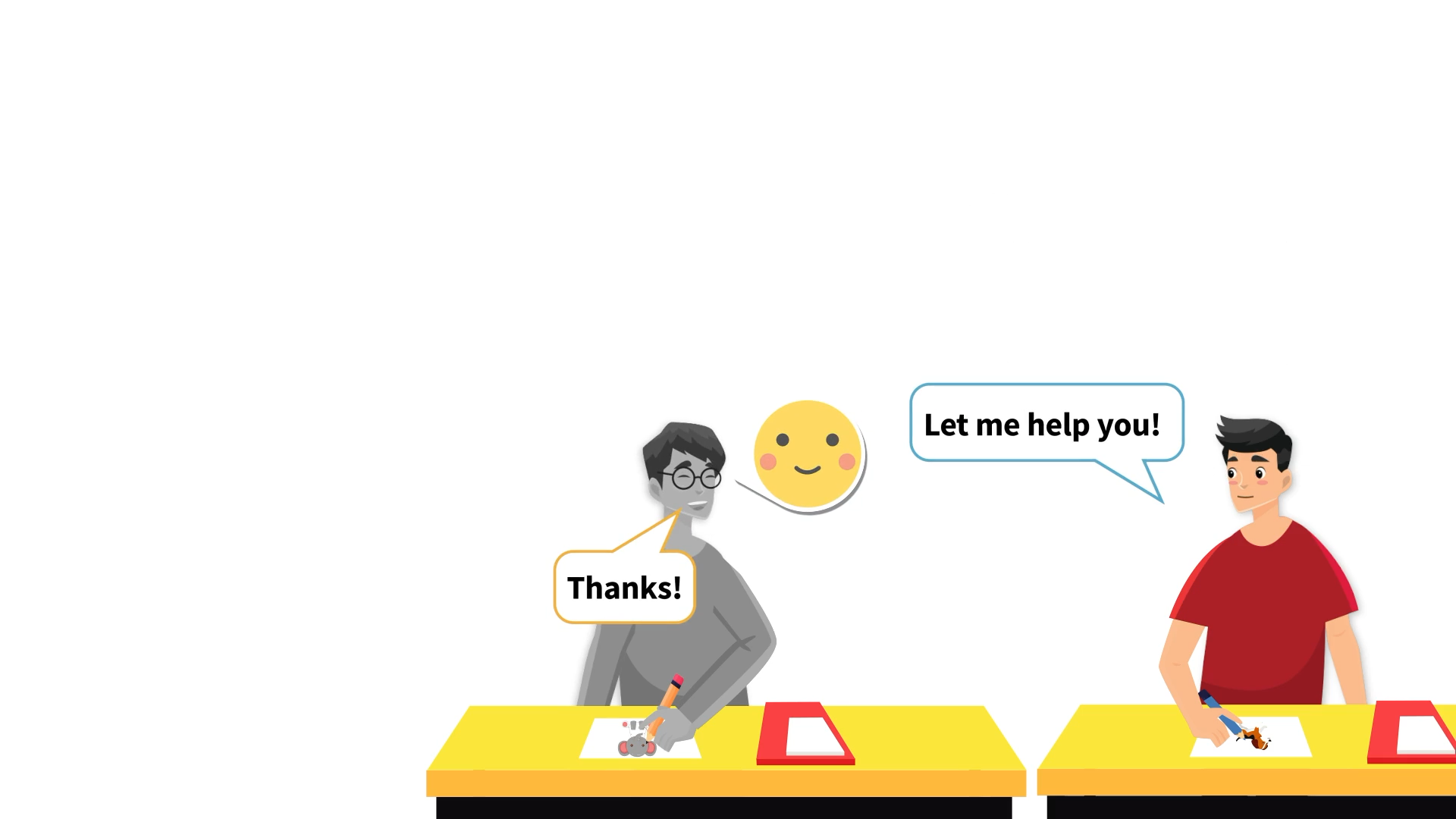Introduction
As educators, it’s essential to teach young students how to think about others’ thoughts and feelings. This crucial skill can help children develop empathy, strengthen relationships, and foster a positive classroom environment. By teaching kids to be good observers, they can learn to consider what is happening, how someone might feel, and what they know about the person. In this blog post, we will discuss an easy no-prep activity, discussion questions, and related skills that can help kindergarten students develop this important social-emotional learning skill.
No-Prep Activity: The Feeling Detective
In this activity, students will practice observing others’ emotions by playing a game called “The Feeling Detective.” This game requires no preparation or materials from the educator and can be played in any classroom setting.
- Ask the students to sit in a circle.
- Choose one student to be the “Feeling Detective” and have them step outside the circle.
- While the detective is outside the circle, choose another student to be the “Emotion Actor.” This student will act out an emotion of their choice, such as happiness, sadness, or anger.
- Invite the detective back into the circle and have them observe the actor’s facial expressions, body language, and tone of voice to guess the emotion being acted out.
- After the detective makes a guess, discuss as a class whether the detective’s guess was accurate and what clues helped them determine the emotion.
- Repeat the game with different students as the detective and actor, giving everyone a chance to practice observing and identifying emotions.
Discussion Questions
- Why is it important to think about other people’s thoughts and feelings?
- What are some ways we can observe someone’s emotions? (e.g., facial expressions, body language, tone of voice)
- How can thinking about others’ thoughts and feelings help us make better choices in our actions?
- Can you share an example of a time when you thought about someone else’s feelings and adjusted your behavior accordingly?
- How can we practice being more aware of others’ emotions and thoughts in our everyday lives?
Related Skills
Besides thinking about others’ thoughts and feelings, there are other relevant skills that can help students develop empathy and foster social-emotional learning. These skills include:
- Active listening: Teaching students to listen attentively and respectfully to others can help them better understand and respond to their peers’ emotions and needs.
- Empathy: Encouraging students to put themselves in another person’s shoes can help them develop compassion and understanding for others’ experiences and emotions.
- Conflict resolution: Equipping students with strategies to resolve disagreements peacefully and respectfully can help them navigate challenging social situations and maintain positive relationships.
- Emotion regulation: Helping students recognize and manage their own emotions can enable them to respond more effectively to others’ feelings and maintain a positive classroom environment.
Next Steps
To further support your kindergarten students in developing social-emotional learning skills, consider signing up for free sample materials from Everyday Speech. These resources can help you teach students valuable skills such as thinking about others’ thoughts and feelings, active listening, empathy, conflict resolution, and emotion regulation. By incorporating these social-emotional learning skills into your classroom, you can empower your students to build strong relationships, navigate social situations, and contribute to a positive learning environment.






